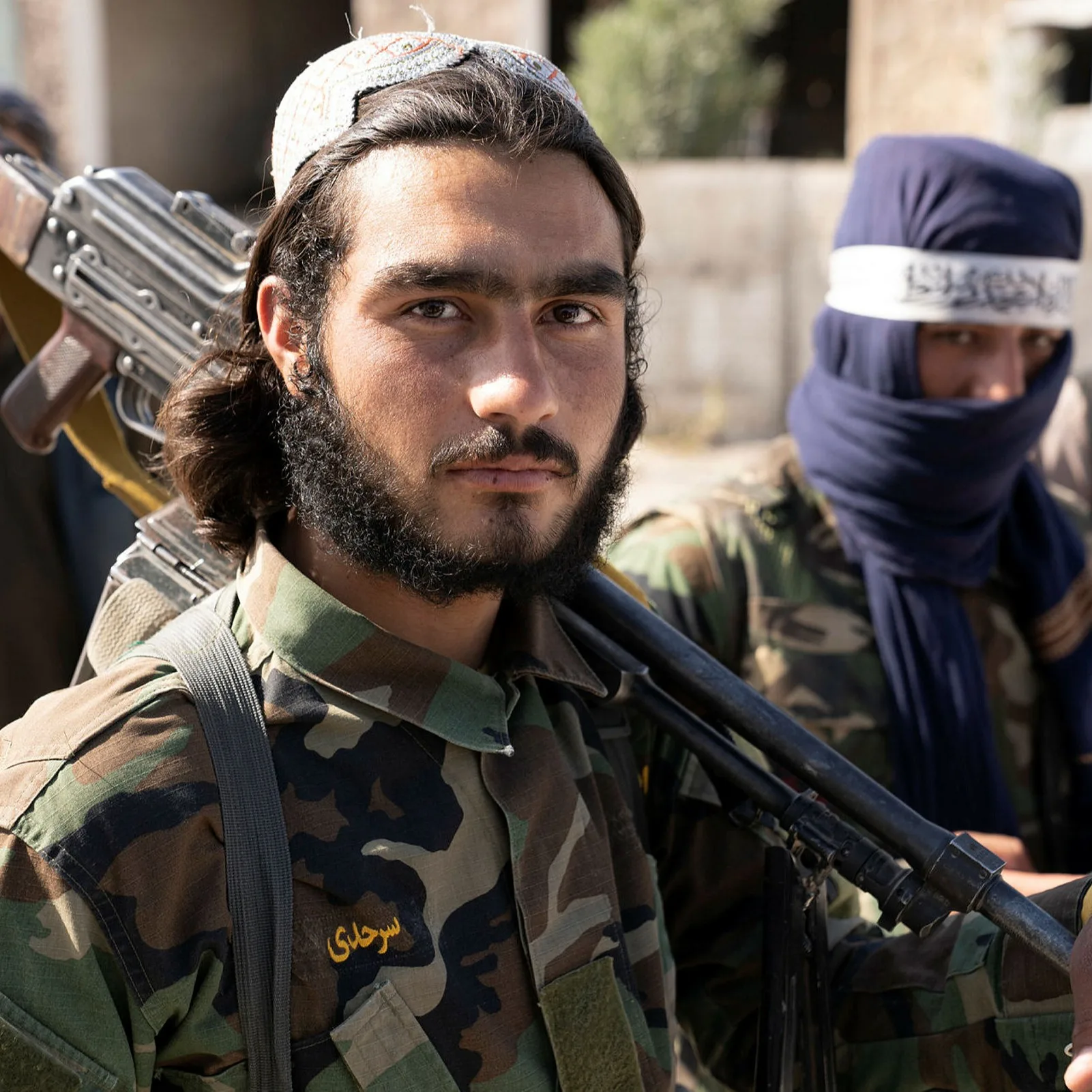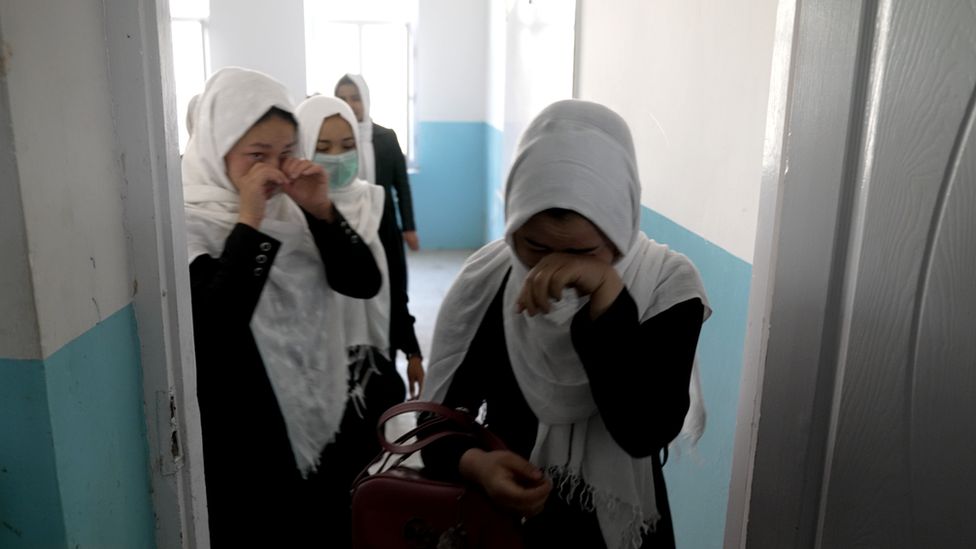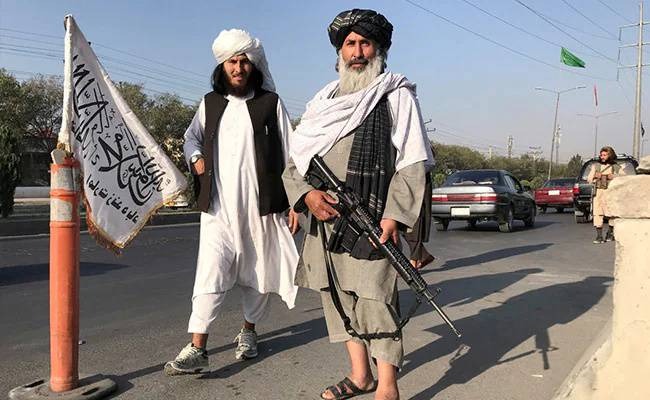The International Community hopes that the Taliban will change their approach of ruling and the Taliban dream for recognition without a single effort to adapt and cope with the realities of time that are nothing more than remaining committed to respecting human rights.
On August 15, 2021, Taliban fighters controversially defeated Afghanistan’s National Security and Defense Forces (ANSDF), a much larger force both in its size and combat capabilities. The US army had spent hundreds of billions of US dollars to build, equip, train and sustain Afghanistan’s forces during the past 20 years, but how an army equipped with the most modern technology could be defeated by a group of militants is still a matter to question that will possibly be answered in the future. However, the indigenous forces’ incompetency and incapability to hold off the Taliban fighters, as the group set out a large-scale campaign throughout Afghanistan and began capturing districts and major cities, proved to be one of the most disastrous incidents in contemporary history of Afghanistan. The Taliban’s dominance in Afghanistan has severe consequences not only in military and political arenas but also in cultural-economic spheres.
With the final withdrawal of the US and its NATO allies from Afghanistan and the Taliban’s takeover of the country, Afghanistan’s defenseless civilians were left to the mercy of the world’s most notorious terrorist group. The Taliban is, in fact, the first who carried out suicide attacks, particularly on civilians, even before extremists in the Middle East and Al-Qaeda affiliates. Taliban fighters are suspected of committing the worst atrocities, and even ethnic cleansing and genocide in modern-day history. Taliban’s affiliated suicide squads carried out hundreds of deadly attacks on civilian infrastructures, killing wrestlers, worshipers, students, schoolgirls, and even infants in maternity wards. Therefore, they have been hostile to the people of Afghanistan, not only to the governments in the country. Despite taking the lead in the country, the militants still terrorize the people. They have continued the hostilities with the people for enforcing certain baseless restrictions using religious arguments. The ignorance of International Community toward the recent inhuman acts of the Taliban concerning humiliation of human rights and restrictions being imposed by this group indicate that it really does not matter for the world that who rules in Afghanistan. It is the defenseless people of Afghanistan that will pay the price of political game being played in the region, but Afghanistan’s people will never pledge allegiance to a group that is well-known for its undisputed enmity to the fabric of the society and has conducted several hundreds of suicide attacks on their fellow countrymen.
The Taliban’s military dominance in Afghanistan is equivalent to the group’s ideological dominance in the country. Legitimizing the Taliban government is abiding by their restrictive decrees, and accepting that the Taliban can adjust not only their political affairs, but also the peoples’ economic, personal and cultural affairs. The Taliban want and always wanted the people to ideologically surrender to them. They want the people to adjust their clothing, culture and lifestyle. For this reason, the Taliban will face major challenges in gaining political legitimacy in Afghanistan, and consequently, international recognition.
But how did a terror group overthrow a government that was being backed by NATO forces in the past 20 years is still a matter of question.
Betrayal and Escape
There have been numerous reports and journalistic articles exploring the reasons behind the collapse of the Afghan National Army (ANA) in August 2021. In fact, there are various reasons behind this catastrophe, including the suspension of NATO’s air support to Afghanistan’s army on the battlefields, low morale among army personnel, desertion and corruption, and many hidden stories and unfolded facts that will be gradually revealed and folded. Afghanistan’s conventional army was comprised of mainly some infantry divisions and brigades, without intelligent compatibilities, independence in conducting airborne operations and artillery equipment. The army was not even designed to perform the tasks of modern-day infantry troops, instead, it was meant to secure urban areas against any low-profile, local rebellion. And finally, its ultra-dependency on US army’s air support made the army vulnerable against the highly-experienced Taliban fighters in guerilla warfare.

The Taliban were long in contact with officials within the government from the district commanders to even national security leaders, according to Zabihullah Mujahid. Dozens of former officials, including the deputy defense minister Munira Yousefzada and Chief of Staff of the Army general Yasin Zia have been accusing Hamdullah Mubib, the National Security Advisor and President Ghani of betrayal, manipulating the army and fleeing the country during a war.
While Afghanistan’s president and his close aids swiftly fled the country on August 15, 2021 through a superficially pre-planned arrangement, it became even clearer that handover of the government to Taliban was already made behind the scenes months before August 15, 2021. The deputy defense minister pointed out to the collapse of 80 districts in one single day in an interview with BBC Persian, claiming that Hamdullah Muhib illegally had appointed the district commanders. According to the defense ministry’s plans and protocols, before Hamdullah Muhib – the grandson of Mawlawi Yunis Khalis, the founder of Hezb-e-Islami Khalis and unofficial founder of the Haqqani Network – took office, senior army sergeants had to be shifted from defense ministry to the interior ministry and appointed as district commanders. But during Hamdullah Muhib the district commander were unprofessionally appointed by Hamdullah Muhib. Taliban affiliates in the former government allegedly paved the way for the Taliban to sweep across Afghanistan. When the Taliban entered conquered Kabul, the traitors were the first who fled the country.
On the other hand, the government officials’ denial of cooperating with Taliban and fleeing the country made the process of gaining international recognition for the Taliban even more challenging and posed several questions for international community to be cautious recognizing the group as an official government. Though Taliban have adapted a very soft and friendly foreign policy, but their behavior with the people within the country have been hidden which has bow built blocks and barriers for their recognition.
Gaining recognition by the international community will remain a dream for the Taliban unless the group align their strategies and policies with the realities of time and respect the human rights.
Will the Taliban’s Dream for Gaining International Recognition Turn into Reality?
The Taliban’s outdated ideology which is against the realities in Afghanistan and the group’s lack of commitments toward human rights is the reason why the international community is reluctant to recognizing them. Simultaneously, the crises in the country have made the international community to adapt a soft strategy with the Taliban to make sure that they can provide aid support to the people of Afghanistan, directly through charities without interacting with the group. Using this as a bargaining chip during negotiations, the Taliban with the help of Pakistan, is also trying to first convince the Islamic countries to step forward in recognizing them as official government which hopefully can pave the way for the international recognition. The recent summit of Organization for Islamic Cooperation held in Islamabad indicated that Pakistan is playing as a lobby to the Taliban, paving the way for Taliban recognition.

The international community, despite arranging a few meetings with Taliban members, will not recognize the Taliban unless the group remains committed to the human rights and Afghanistan’s values and customs. As long as the Taliban continue to put restrictions on women in Afghanistan and suppress non-Pashtun ethnic groups in the country, they will not gain international recognition, considering that recognition in the international arena depends on gaining national legitimacy where the Taliban have failed so far.
The Taliban seems to have no intention in gaining national legitimacy as they keeps suppressing civilian population and ordering more severely restrictive decrees on women. They have set out several retaliatory campaigns throughout Afghanistan, murdering former army personnel and kidnapping women and civil activists. Furthermore, forming an inclusive government is one of the very major pre-conditions of the international community for recognition, which does not seem to be on the Taliban’s agenda. According to the Taliban’s ideology, giving the chance of breathing and living in Afghanistan for non-Pashtun communities is more than enough. ‘What else is needed for gaining recognition, they have already done mercy with the people as of not killing them and torturing them.’ On the other hand, they have even tried to dismantle and fire non-Pashtun members from critical government positions.
How the Future Looks Like?
What the Taliban formed in Afghanistan does not much resemble a government. The Taliban-led government tried to establish a conventional army by recruiting former security personnel in their ranks during the past seven months. They have been expecting that in the spring, they will face armed resistance by non-Pashtun ethnic communities. Therefore, they have been bracing up for a large-scale war in the spring. The Taliban tried to weaken non-Pashtun commanders in their ranks, firing most of them from security sectors. They have also taken advantages of US-made combat equipment worth $82 billion, making their affiliated suicide battalions ever stronger. There are several armed groups in Afghanistan that can possibly wage wars against the Taliban. This is while the Taliban-led government cannot control even their unbridled fighters.
Four decades of war have demotivated the people of Afghanistan and they can barely endure another war. But there are armed groups that have not completely surrendered to the Taliban yet; these include National Resistance Forces (NRF) in Panjshir, former Mujahidin commanders and government soldiers who feel insecure in Afghanistan under the Taliban rule and so on. The Islamic State in Khurasan Province (ISKP) can also pose threats to the Taliban as they are regrouping in the country, considering the security vacuum emerged in Afghanistan. On the other hand, the Taliban have been continuously setting out suppressing campaigns against civilian populations and making people more exposed to persecution and harassment. Despite announcing a general amnesty simultaneously with the takeover of Afghanistan, the Taliban leadership has been trying to justify the persecution of security officers and civil servants affiliated with the former government even by seeking a religious permission.
Recently, several cases of mysterious murders and targeted killings in different parts of the country, particularly, in northern provinces have taken place. The Taliban have not taken any practical measure to investigate these cases and incidents.
Respecting the human rights and forming an inclusive government that represents all the people and political parties in Afghanistan are the two key criteria of the international community to recognize the Taliban as as a legitimate government. The rebels have not only failed to do so, but have also increased their pressure on the people by torturing and harassing civilians on the basis of religious arguments that lack logical and religious justifications. Therefore, with the approach taken by the Taliban, they are unlikely to be recognized by the international community.












